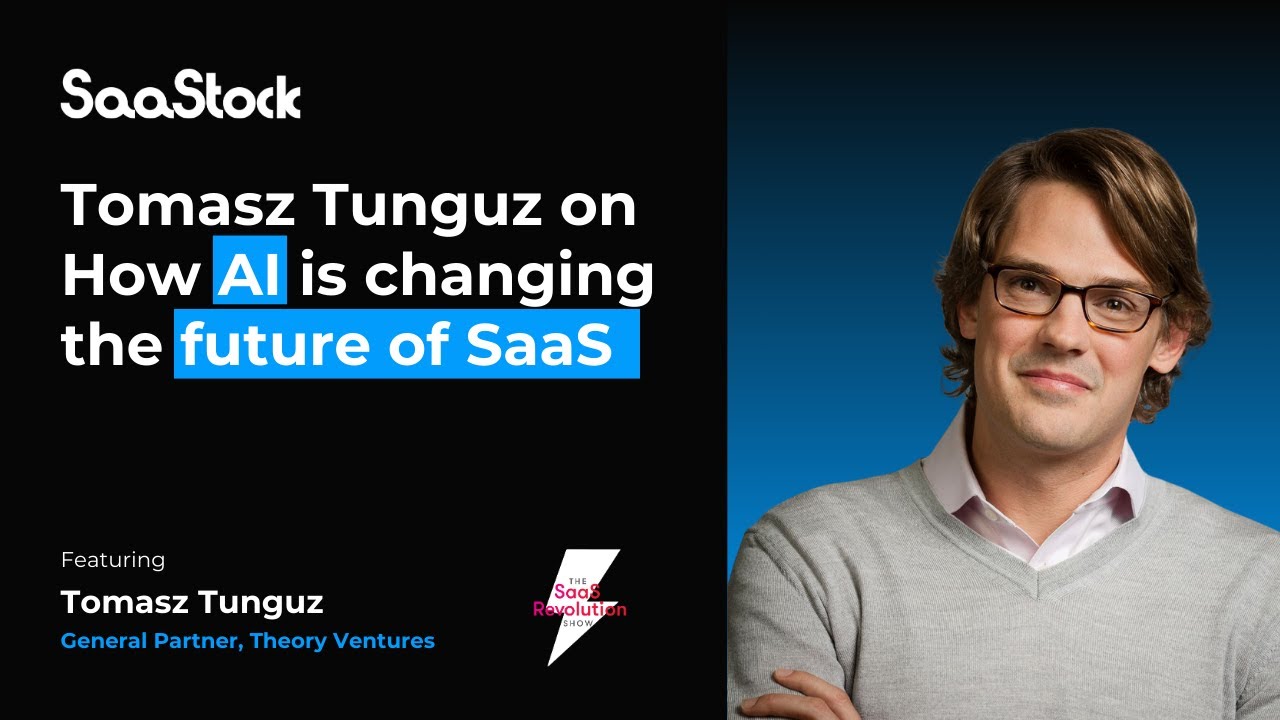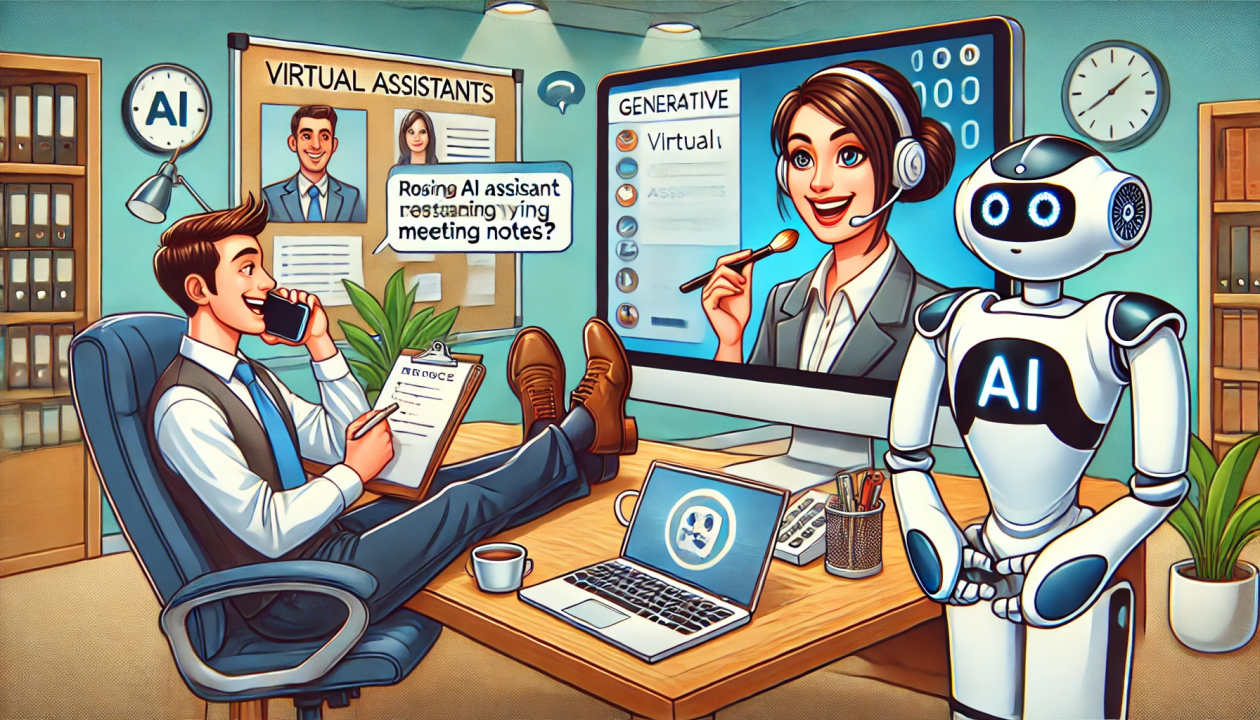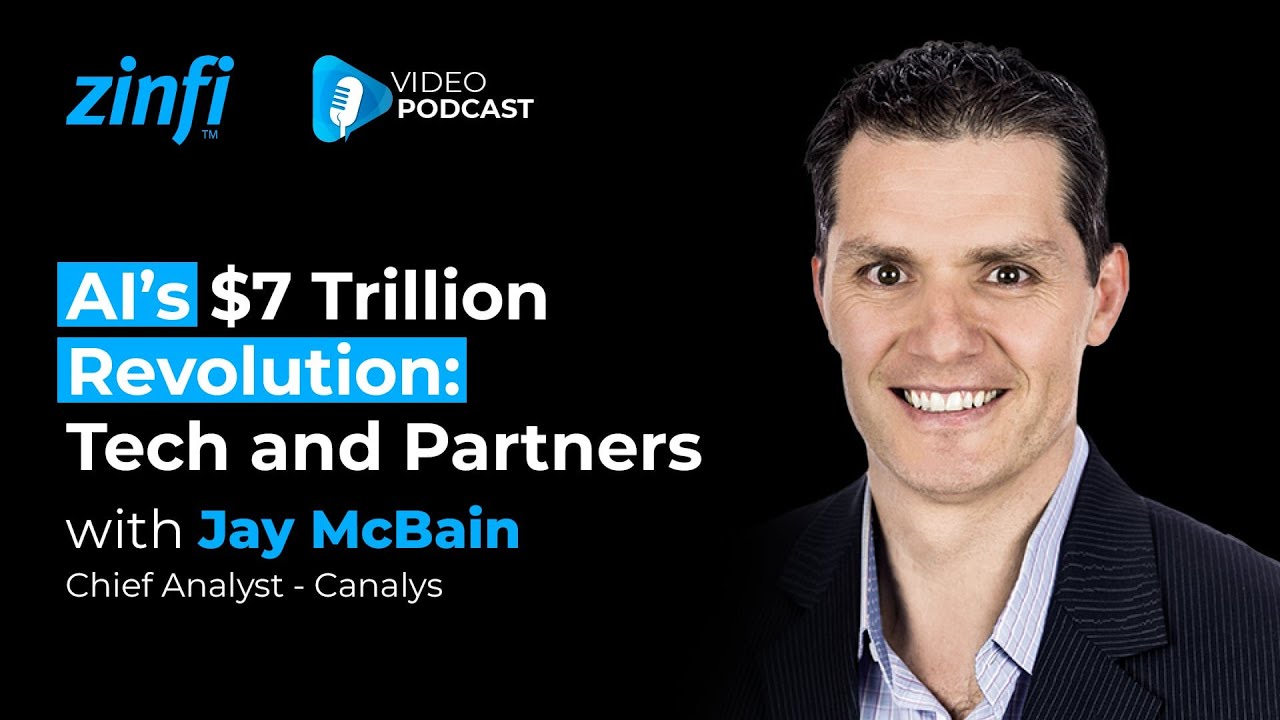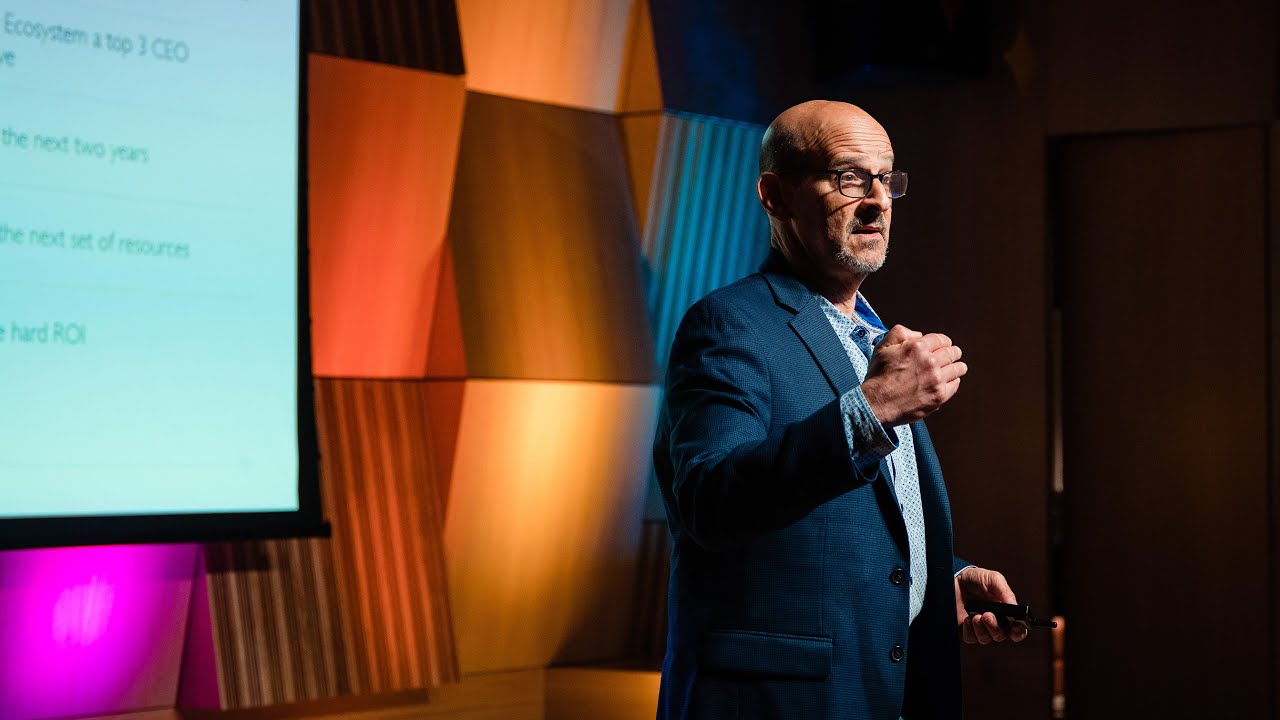 Artificial Intelligence (AI) is revolutionizing industries across the globe, and the Software as a Service (SaaS) model presents a lucrative opportunity for startups to capitalize on this technological advancement.
Artificial Intelligence (AI) is revolutionizing industries across the globe, and the Software as a Service (SaaS) model presents a lucrative opportunity for startups to capitalize on this technological advancement.
AI is revolutionizing the SaaS industry by enhancing automation, personalization, and efficiency in various applications.
Here are some notable examples of SaaS ventures that have successfully integrated AI into their products:
- Salesforce Einstein: Salesforce, a leading CRM platform, introduced Salesforce Einstein, an AI-powered feature that provides predictive analytics, personalized recommendations, and automation capabilities. By leveraging AI, Salesforce helps businesses make data-driven decisions and enhance customer relationships.
- Zendesk Explore: Zendesk, a customer service software provider, offers Zendesk Explore, a SaaS analytics tool that utilizes AI to analyze customer interactions, predict trends, and optimize support processes. With AI integration, Zendesk Explore enables businesses to improve customer satisfaction and operational efficiency.
- HubSpot Marketing Hub: HubSpot’s Marketing Hub incorporates AI technology to deliver personalized marketing campaigns, automate lead nurturing, and analyze performance metrics. By leveraging AI algorithms, HubSpot empowers marketers to create targeted strategies and drive better results.
- Slack Workflow Builder: Slack, a popular team collaboration platform, introduced Workflow Builder, a tool that allows users to create custom workflows using AI-driven automation. By integrating AI capabilities, Slack enables teams to streamline communication, automate tasks, and improve productivity.
- Adobe Sensei: Adobe Sensei is an AI and machine learning framework integrated into various Adobe products, including Adobe Creative Cloud and Adobe Experience Cloud. Adobe Sensei enhances creative workflows, automates repetitive tasks, and delivers personalized experiences across digital platforms.
These examples demonstrate how AI integration in SaaS ventures enhances functionality, improves user experience, and drives business growth. As AI technology continues to evolve, SaaS companies are leveraging its capabilities to innovate and stay competitive in the market.
The SaaS Academy writes:
The integration of generative AI into SaaS solutions is on the rise. According to a our study of SaaS industry statistics, global AI software revenue is expected to reach $118.6 billion by 2025, up from $9.5 billion in 2018. The report also predicts that AI will be integrated into nearly every new software product and service by 2025.
Growing Demand for AI Solutions
The increasing need for automation, data analysis, and personalized user experiences has fueled the demand for AI-powered solutions. Businesses are seeking AI technologies to streamline operations, enhance decision-making processes, and gain a competitive edge in the market.
SaaS offers a cost-effective approach for businesses to access AI capabilities without the need for significant upfront investments in infrastructure or specialized talent. Startups can leverage the scalability and flexibility of the SaaS model to deliver AI solutions to a wide range of customers.
The AI market is highly competitive, with established players and emerging startups vying for market share. However, the dynamic nature of AI presents opportunities for innovative SaaS startups to differentiate themselves through unique offerings, niche specialization, or superior performance.

















